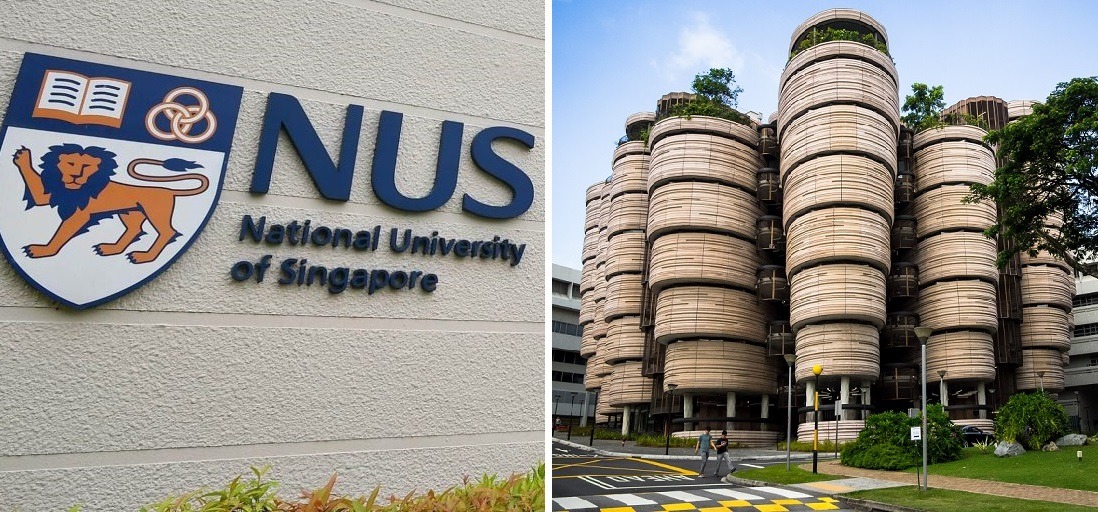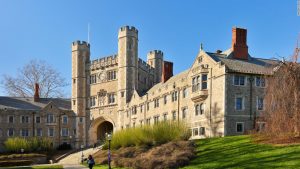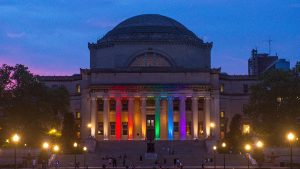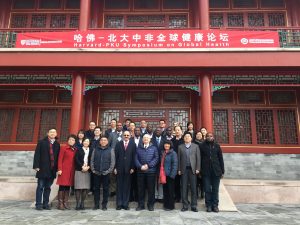National University of Singapore is a public collegiate research university located in Queenstown, Singapore. It offers a diverse range of academic programs. This university has more than 20,000 students and more than 40 different undergraduate and graduate degree programs. Its mission is to educate and research students for a better world. It offers the following degrees: Bachelor of Science, Master of Science, Doctor of Philosophy, and Ph.D. The school also has an extensive graduate program.
The National University of Singapore (NUS) is the flagship tertiary institute of Singapore. NUS’s research and teaching aims to address issues of global importance. Its researchers collaborate with partners from industry, government, and academia to tackle complex challenges that impact Asia. The university’s 30 Research Centres of Excellence and its faculty of more than 3,300 researchers work on a broad range of topics including energy, urban sustainability, common Asian diseases, advanced materials, and risk management and resilience of financial systems. In addition, NUS’s academic staff focus on the data sciences, optimisation research, and cyber security as part of the nation’s Smart Nation initiative.
The NUS has several distinct areas of research. The Asia Research Institute (SRI) promotes basic and applied mathematics and works with faculties to develop graduate studies in Asia. The Cancer Science Institute of Singapore was established on 15 October 2008. The research centre is dedicated to the understanding of the pathogenesis of cancer and developing safer treatments. Likewise, the University Cultural Centre caters to a variety of popular and academic interests. Its multidisciplinary research focuses on many different areas.
The National University of Singapore – Singapore’s Flagship Tertiary Institution
The NUS has a broad range of facilities to support students. It supports over 70 sports and recreational activities. Its multipurpose sports halls include squash courts and indoor multipurpose sport venues. Its Centre for the Arts is a hub for multidisciplinary research, collaboration, and learning. The Centre for the Arts showcases various artistic genres and has a student organization for every major discipline. The University Cultural Centre is a hub for academic and popular interests.
The NUS has a broad range of research facilities. Its emphasis on research in engineering, life sciences, and biomedicine is notable. It has over 37,000 students from more than 100 countries. Its extensive network of partner institutions and Research Centres of Excellence means it is well-equipped to provide an exceptional education to the region. In addition, it works closely with government and industry to create partnerships that enhance the quality of life and advance society.
The NUS has three Research Centres of Excellence and 22 university-level research institutes. Its faculty is highly diversified, with a strong focus on engineering. The University is internationally-renowned for its academic programs in all fields. The National University of Singapore has many different areas of expertise. The institutes of science, engineering, and social science provide a diverse range of opportunities for students. Further, students are encouraged to participate in internships and research projects that involve a wide range of disciplines.
The NUS offers a diverse range of courses to meet the needs of its students. Its School of Law and Faculty of Medicine are two of the most prestigious in the world. Its Institute of Mathematical Sciences is committed to advancing the field of mathematics and related disciplines. Its interdisciplinary research approach also allows it to serve as a hub for research and educational activities. The University Cultural Centre is dedicated to a broad array of popular and academic interests.
The university is dedicated to research. Its researchers focus on issues relevant to Asia and beyond. They collaborate with partners from government and industry to develop new products and services and solve complex problems. The NUS has thirty-three Research Centres of Excellence and more than 200 professors and researchers. Its diverse range of research fields includes: sustainable urban development, energy conservation, treatment of common Asian diseases, advanced materials, cybersecurity, and health. There are also a variety of popular events held at the University.
Moreover, the NUS is committed to fostering diversity and a multicultural environment. Its interdisciplinary approach to research has resulted in a thriving community of scholars and researchers from diverse fields. Its interdisciplinary approach has helped Singapore achieve an international reputation as a centre for education and research. Currently, the university has over 9,000 students and 800 academic staff members. There are also many research centres and institutes in the area of arts and sciences.



